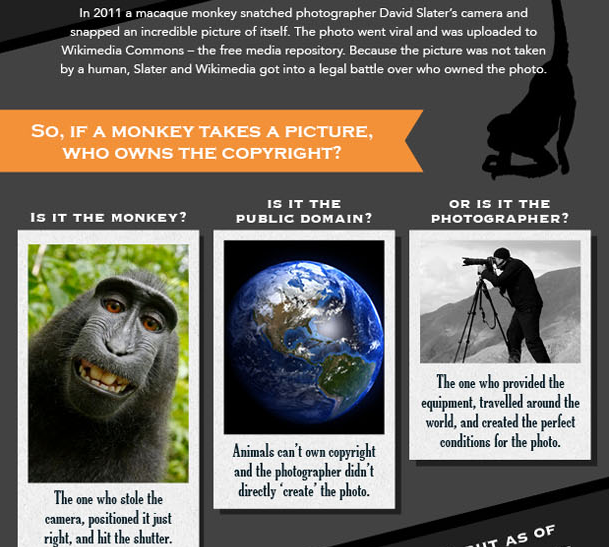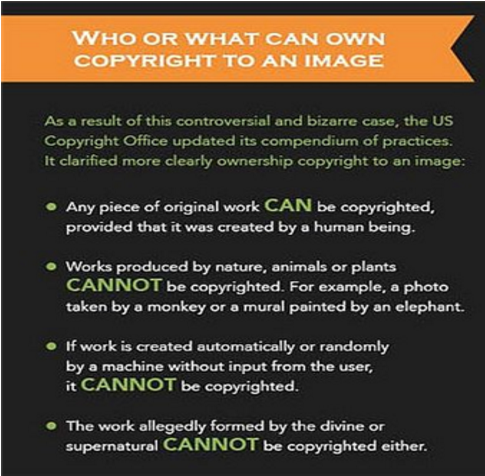Activity
What is Fair Use?
Fair use is a legal concept that allows the reproduction of copyrighted material for certain purposes without obtaining permission and without paying a fee or royalty. Purposes permitting the application of fair use generally include review, news reporting, teaching, or scholarly research. The idea of fair use originally arose for written works. But with the advent of digital technology and the Internet, fair use has sometimes been applied to the redistribution of musical works, photographs, videos, and computer programs.
Fair Use and Education
Scenario: You have a group of students who want to include Beyonce's song "Formation" in their video project. What should you tell your student? How much of the song can the student use, if any, without infringing on copyright laws? To find the answers to these questions and more visit Education World website, The Educator's Guide to Copyright and Fair Use and review the Haiku deck below, Fair Use by Heidi Tandy.
http://www.educationworld.com/a_curr/curr280.shtml
Fair Use Awakens... - Created with Haiku Deck, presentation software that inspires;
Have You Considered?
The following questions could happen in your classroom. Be sure your understanding is adequate to address student questions while supporting proper attribution of sources consistently!
If my camera is used to take a picture and I post it - is it mine? Do I own the copyright?

Can wildlife have a copyright? That doesn't sound feasible...

Once I post my picture, do I lose the rights to it?

Image is part of the Creative Commons, courtesy of